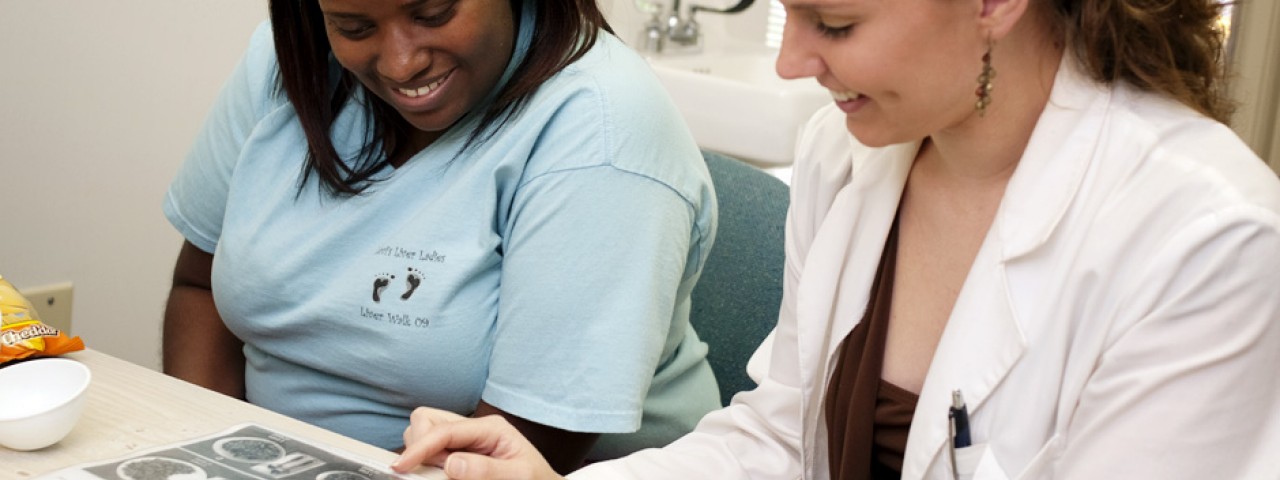CANDLE Research Study
Economists argue that the best bang for the buck – whether it’s to make a difference in a child’s life or the overall community – is to invest in early childhood. But before one can have illumination, one needs information.
In 2006, the Urban Child Institute and the University of Tennessee Department of Preventative Medicine decided to do a large-scale study of 1,500 pregnant women, starting in their second trimester, to identify what factors during pregnancy and early childhood impact a child’s development and ability to learn.
The so-called CANDLE study – Conditions Affecting Neurocognitive Development and Learning in Early childhood – follows those women and their children for three years. Over the course of the study, researchers have 17 interactions with the mother: 12 phone calls, two home visits, and three clinic visits. They also take biological samples from both mother and child, and study the home environment, prenatal care, sleeping habits and nutrition.
In exchange, the women are compensated financially.
“We know the global risks factors like poverty, single parents, and substance abuse, but even in those situations, most kids do okay,“ says Hank Herrod, fellow with the Urban Child Institute and the former dean of the College of Medicine at the University of Tennessee Health Science Center. “What happens in the lives of those who don’t?”
With the data the CANDLE study collects – and a little help down the road from the school systems – researchers hope to draw some conclusions about what makes the most difference in a child’s life and, ultimately, where resources should be allocated.
“Our whole focus is Memphis and Shelby County,’ Herrod says. “What we wanted to do is find out what are the things that are actually working and use that to figure out which interventions we should put our support behind.”
For more information on the CANDLE study, visit the University of Tennesee Health Science Center’s CANDLE Website.
If you are interested in performing research using data from the CANDLE study, please visit the CANDLE study's website for researchers.
